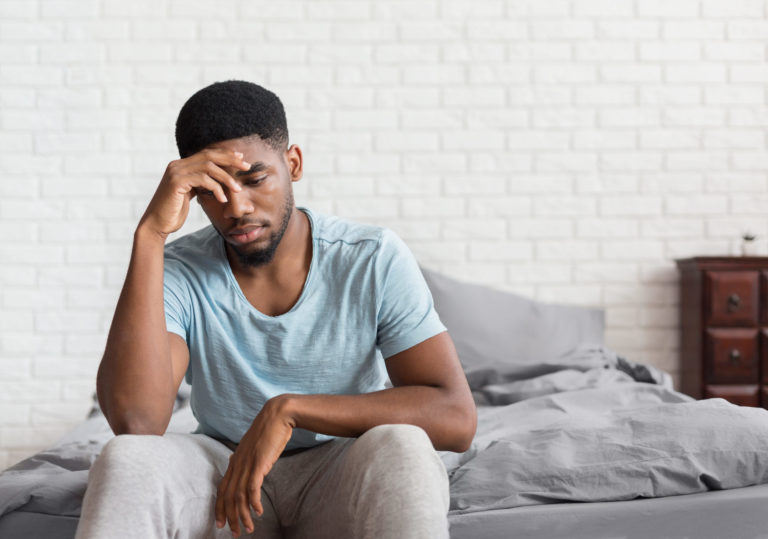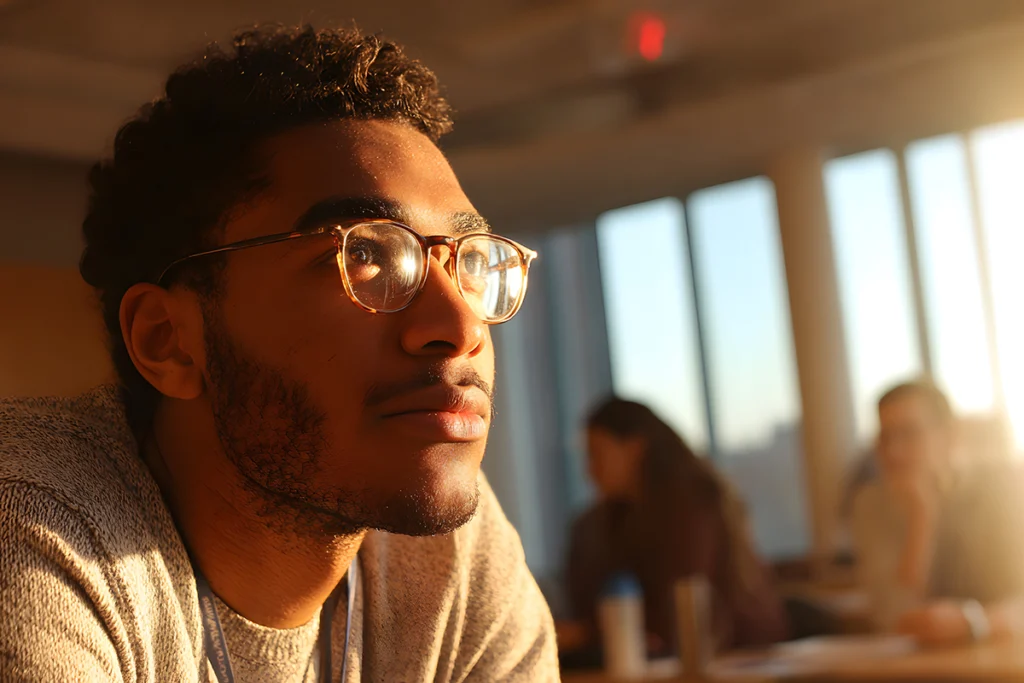This May, The American Psychiatric Association reported that for the second year in a row, two out of three Americans say they are “extremely or somewhat anxious about their health. The report also says that about one in five have sought professional help, and 70% of those between 18 and 34 report anxiety about a number of things, including keeping families safe, paying bills and relationships.
One of the more interesting findings of the report suggests that college graduates are most anxious of all. Take a look at these numbers from the American Psychological Association:
These numbers are astonishing, which leads to the question, what exactly happens in our brain when we experience anxiety? Newsweek states that while parts of the brain like the amygdala or the BNST “prime our bodies to react defensively by activating hormonal cascades and defensive behaviors, our minds — the higher-level processing areas of the brain — give meaning to what we are experiencing.”
In a nutshell, anything that we identify as “fear” or “anxiety” is merely a manifestation of our consciousness. Treatment options vary from drugs to psychotherapeutic approaches like cognitive behavioral therapy. Newsweek’s report claims that many clinicians are most excited about a trend that’s actually been in use for thousands of years: mindfulness.
The article says that using techniques that help patients to focus on the present moment can serve as a tool to help them manage overwhelming fears about the future.
By simply taking a walk, turning off the TV, talking to someone or even feeling the sun on your face, being mindful of relaxation will do wonders for anxiety. TimelyMD’s mental health providers and counselors are trained to talk to users about their anxiety and provide them with useful tools to work through their struggles.
One of the more interesting findings of the report suggests that college graduates are most anxious of all. Take a look at these numbers from the American Psychological Association:
- Members of Generation Z (born after 1996) reported the worst mental health of any generation.
- 91% of those questioned claimed to feel physical or emotional symptoms associated with stress.
- More than 60% of college students said they had experienced “overwhelming” anxiety during the previous year.
- The number of students who visit campus counseling centers increased by more than 30% between the fall of 2009 and 2015.
These numbers are astonishing, which leads to the question, what exactly happens in our brain when we experience anxiety? Newsweek states that while parts of the brain like the amygdala or the BNST “prime our bodies to react defensively by activating hormonal cascades and defensive behaviors, our minds — the higher-level processing areas of the brain — give meaning to what we are experiencing.”
In a nutshell, anything that we identify as “fear” or “anxiety” is merely a manifestation of our consciousness. Treatment options vary from drugs to psychotherapeutic approaches like cognitive behavioral therapy. Newsweek’s report claims that many clinicians are most excited about a trend that’s actually been in use for thousands of years: mindfulness.
The article says that using techniques that help patients to focus on the present moment can serve as a tool to help them manage overwhelming fears about the future.
By simply taking a walk, turning off the TV, talking to someone or even feeling the sun on your face, being mindful of relaxation will do wonders for anxiety. TimelyMD’s mental health providers and counselors are trained to talk to users about their anxiety and provide them with useful tools to work through their struggles.






